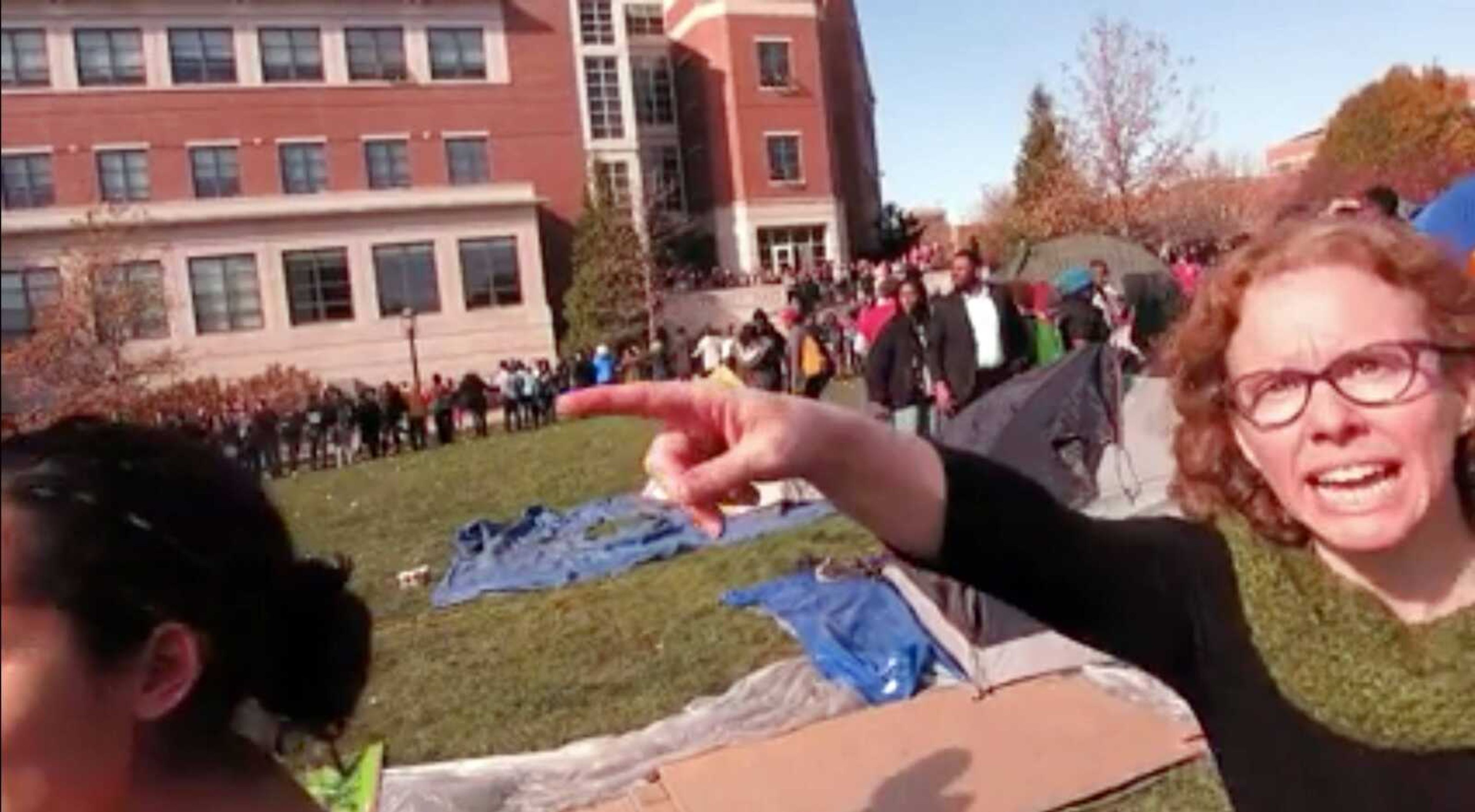Bill aimed at stopping censorship of student reporters
JEFFERSON CITY, Mo. -- A Missouri lawmaker is touting a bill he said will protect the state's student journalists from censorship, written partly as a response to a confrontation between a University of Missouri assistant professor and a student videographer during protests on campus...
JEFFERSON CITY, Mo. -- A Missouri lawmaker is touting a bill he said will protect the state's student journalists from censorship, written partly as a response to a confrontation between a University of Missouri assistant professor and a student videographer during protests on campus.
The measure by Republican Rep. Elijah Haahr of Springfield would prohibit K-12 schools and colleges from blocking articles or other content created by students, with some standard exceptions -- content that's slanderous, libelous, breaks laws or is an invasion of privacy.
"I think it's time that Missouri becomes known as a state that values free speech, especially for student journalists," Haahr said.
The bill is partly a means of addressing the confrontations that received widespread attention, Haahr said.
On Nov. 9, there were protests on the Columbia campus over what some saw as university leadership's indifference to racial issues.
Video shot by student Mark Schierbecker showed Janna Basler, who works in the university's office of Greek life, telling photographer Tim Tai, a student freelancing for ESPN, to "leave these students alone" in their "personal space." Moments later, Melissa Click, an assistant communications professor, confronted Schierbecker and called for "muscle" to help remove him.
Click was suspended and reached a deal with prosecutors to do community service instead of facing charges. Basler was placed on administrative leave for more than a month before returning to work in December.
Tai was scheduled to speak Monday on the bill, which also exempts reporting that "so incites students as to create a clear and present danger of the commission of an unlawful act, the violation of school district policy, or the material and substantial disruption of the orderly operation of the school." Similar rules would apply to student reporting at the state's colleges.
Haahr also said he was motivated by a 1988 U.S. Supreme Court ruling in a case from Hazelwood, Missouri, that gave public school officials power to censor student newspapers. The court said a high school principal didn't violate students' rights when he barred publication of two articles on teen pregnancy and divorce.
Missouri School Boards' Association chief of staff Brent Ghan said the measure could "remove the ability of teachers and administrators to do their job in terms of providing education to students." He raised questions about whether the legislation could prevent educators from giving guidance on the content of a story and how it's written.
"For a teacher to exercise oversight or educational guidance over a school-sponsored publication is not a lot different than an editor or a publisher in a newspaper setting also having that sort of oversight over what's being reported (and) the work that's being done by a reporter," Ghan said.
Haahr's measure is one of several this session that were proposed in response to turmoil at the Columbia campus. Another bill would require college students to take a class on freedom of speech.
Connect with the Southeast Missourian Newsroom:
For corrections to this story or other insights for the editor, click here. To submit a letter to the editor, click here. To learn about the Southeast Missourian’s AI Policy, click here.








